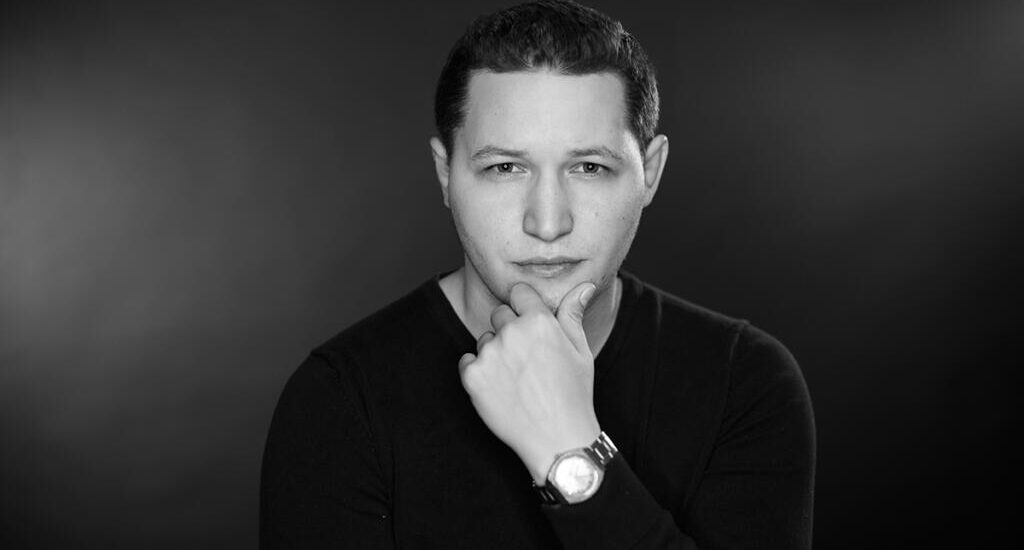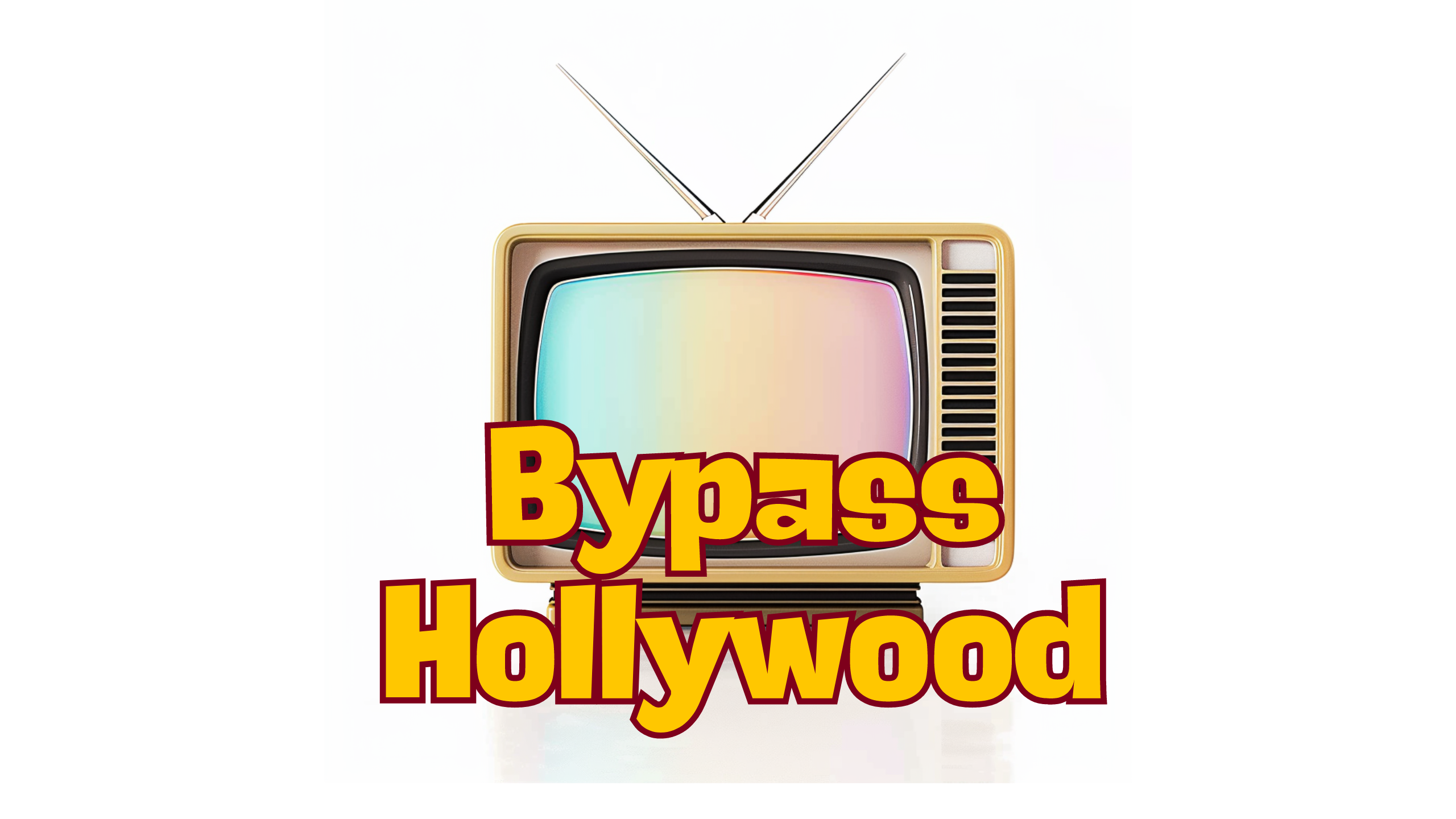



Julian Warshaw isn’t just another investor—he’s an architect behind the scenes, turning creative dreams into bankable hits. As the founder of EntertainmentVC, he’s mastered the art of connecting UHNWIs with the next big thing in film, publishing, and music.
With upwards of 50 media ventures, product lines and startups seeded and advised he knows exactly what it takes to land funding, build the right network and stay ahead in an industry that’s shifting by the second. In this exclusive deep dive, he spills the secrets to getting your project funded, making the right connections, and how to partner with Hollywood’s toughest gatekeepers.
I started Entertainment VC in 2017 as a media rights platform that serves both financiers and creatives. We develop, finance, and produce projects while helping UHNWIs achieve their creative goals by leveraging our production, media, and distribution relationships.
We’ve worked across publishing, music and film; financing deals from record contracts to indie film productions. Over time, we’ve seeded and advised upwards of 50 independent media startups, product lines and content ventures, with our projects regularly reaching global audiences.
I started in the industry like many others—as an intern. My first break came in college when I secured a small record deal for a friend with a well known indie label. That experience pulled me into the music business, even though I originally planned on going into advertising.
From there, I interned for Sean Kingston’s managers Jon Shapiro and Jen Mcdaniels while Sean was releasing Beautiful Girls in 2007. That summer, Kingston had three top 20 hits, and I was suddenly in the thick of the music industry, running around Epic Records, meeting executives, learning everything I could.
I then became a floating assistant at Sony, working in digital and Commercial Music, then assisting Roger Skelton in business affairs at Jive Records, followed by working for Stuart Parr, who produced 8 Mile and Get Rich or Die Trying.
After landing a publishing deal for a client with Songs Publishing, I moved to LA, opened Vine Street Music and placed records with Jason Derulo, Cher, Kylie Minogue and Nami Amuro (the Madonna of Japan) and many others. My producing partner handled the music, I handled the publishing and management work.
Eventually, I was looped in with a young heir who had serious aspirations and brought me into the venture space. I think we seeded something like 25 startups together, which in turn led me to launch EntertainmentVC.
We help fund creative projects and media startups by structuring deals with family offices, private investors and financial institutions.
We’ve worked on everything from developing record labels for A-list celebrities and influencers to helping investment bankers structure deals for their clients who wanted to make documentaries and scripted narrative features.
We’ve also consulted heavily on the buy side for media rights transactions working alongside merchant banks and private investor groups– everyone from Morgan Stanley Palm Beach to small family offices looking to be involved in the entertainment rights space.
In 2021, during the music IP rush, we assembled a $1 billion pipeline in active and passive music IP rights with a green light on $500 million in debt financing from an institutional partner. But just as we got final investor approval on our operations raise, interest rates spiked, killing the deal. That’s the nature of this business—constant ups and downs.
I get it— although my family is in the arts, they didn’t have connections in film or music and I had to find my own way. Here’s what I’d recommend. For independent filmmakers or creatives trying to raise their first $10,000, my biggest advice is to start by putting together polished, professional materials.
Your pitch deck, treatment and overall vision need to be clear and compelling. Investors and even small-time backers want to know that you’ve thought things through. There are plenty of resources online where you can find mock-ups and templates to help refine your presentation.
Beyond that, don’t overlook the power of your own network. Even if you don’t have wealthy connections, raising a “friends and family round” can be really helpful. People are more likely to support something that feels tangible, so creating a proof-of-concept is key. Save up some money, get a camera, shoot a scene, put together a sizzle reel—whatever you can do to show, rather than tell, will make a huge difference in gaining early support.
Additionally, there are alternative funding sources out there, whether it’s grants, crowdfunding, or investors specifically looking to back early-stage creatives. It takes research, but the money is out there for those willing to put in the effort to find it.
One of the biggest mistakes I see filmmakers make is focusing too much on networking vertically instead of building across. Everyone wants to partner with the biggest producers and pitch to the biggest names, but some of the most valuable connections are your peers—people at your level who are just as driven and talented. Instead of competing, collaborate. Some of the strongest projects come from a collective of creatives pooling their resources, ideas, and connections. Another misstep is not asking for help. Too often, filmmakers think they need to do it all themselves or that no one will be interested in their vision. The truth is, people respond to passion. A smart guy once told me: if you want money, ask for advice. If you want advice, ask for money!
If you’re genuinely excited and confident about your project, that energy is contagious. However, confidence alone isn’t enough—you also need to know your numbers and do your research.
Many filmmakers don’t take the time to understand who funds what, who produces what, what investors look for, or how deals are typically structured. Knowing how the business side works can make all the difference when it comes to securing funding and bringing your vision to life.
Yes! We just started submitting our latest feature doc to festivals; Elvis, Rocky & Me: The Carol Connors Story follows the legendary singer’s life in Hollywood detailing her career long battle with Phil Spector, her love affair with Elvis, her Academy Award nomination for Rocky all the way to testifying at OJ Simpson’s trial and more. It’s really enjoyable. Other than that, we’ve lined up a number of exciting deals to be announced over the next year.
The industry is in a transitional phase, but here’s what I see happening:
And last, No Excuses—Films Will Still Get Made – Even in challenging climates, projects find funding every day. If you’re resourceful and build the right team, you can still get your film financed.




